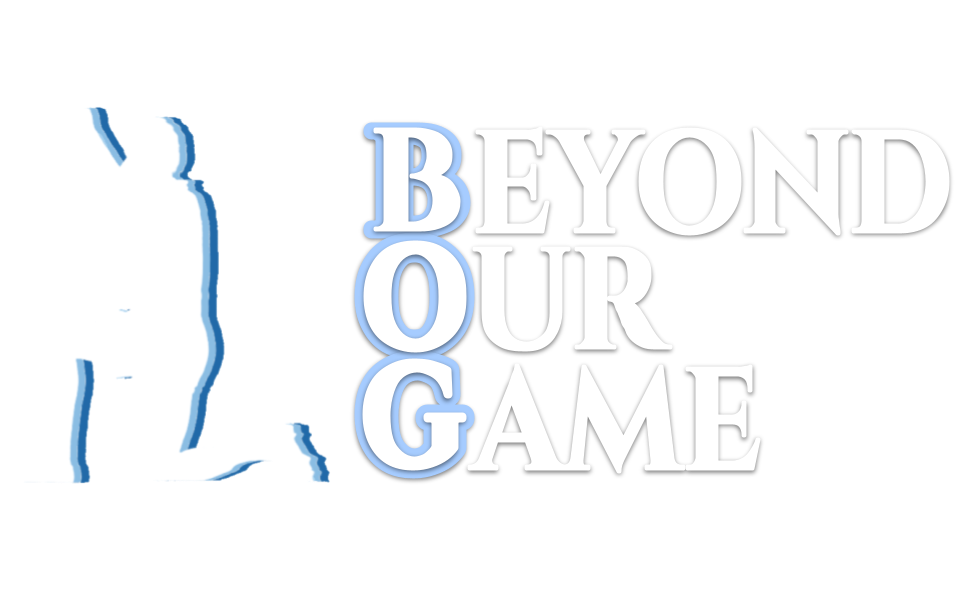Sydney's Story
Sydney Yap
Entering 1st grade, my parents signed me up for every recreational sport they could fit into our schedule. I never complained; I loved the jam-packed carpool schedules, the competitiveness of games with friends, and especially the post-game snacks. Throughout elementary school, I played softball, soccer, basketball, tennis, dance, and volleyball. With the time and skill demand increasing each year, the number of teams dwindled until I decided to solely focus on volleyball in 5th grade.
Speaking about my experiences from the perspective of a person of color, it’s necessary to preface that, while I face experiences as a minority, those struggles differ from those of Black, Latinx, and Indigenous people because they aren’t rooted in deep, systemic racism.
As an Asian American, my challenges were mostly introspective. Growing up, I struggled to accept my heritage and desperately wished to look “more like everyone else.” While I embrace and cherish my culture today, I face inner conflict with figuring out my identity around the typical Asian stereotypes - I constantly worry about how others perceive me and defy parts of my identity just to avoid playing into the stereotype. Although Asians only make up 5.6% of the US population, there is a stark underrepresentation in sports, which as a young athlete, made me question whether I belonged in the arena. Very few looked like me at higher levels. As I aged through volleyball, I put immense pressure on myself, thinking that everything I did reflected on the Asian population. Instead of playing for myself or the fun of it, I was playing solely to prove we weren’t just a stereotype, and I would choke under this unnecessary pressure. I admit I still struggle with this sometimes, but realizing that neither my race nor my sport defines me has allowed me to relieve that burden and enjoy my sport.
After the murder of George Floyd, I reflected on my life and the privilege that I was granted by pure luck of the cards at birth, such as my skin color and zip code. I looked to my Grandpa, a trailblazer in the Christian community as the first Asian bishop in Singapore, who later spoke against the Church to advocate for the discriminated LGBTQ+ community. His inter-religious efforts set him apart, writing that “the Church should comfort the afflicted and afflict the comfortable.... to deepen people’s faith, broaden theological horizons, and widen social commitment.” (Yap Kim Hao, A Bishop Remembers, 59). He preached unequivocal love and answered the call to fight injustice. Witnessing the power of the people taking the streets and fighting for change has inspired me to become a stronger ally with the same urgency that my Grandpa led in his faith.
To me, racial equality is not colorblindness. It starts with seeing color and realizing the absurdity that someone’s skin will increase their chances of being discriminated against in healthcare, workplaces, education systems, housing, and even the environment, just to name a few. It is then doing the work to tackle centuries of structural imbalances to build an equitable future.
Oscar Munoz, CEO of United Airlines, once reflected that most people have a hunger for change, as well as the recipe for change, but lack the most crucial ingredient ... the will to change. As a minority-athlete, this means learning to be comfortable being uncomfortable, to be prepared to persevere through self-doubt, to compete with pride, and to actively bring up others around you. It is being unafraid to utilize your platform, like Colin Kaepernick, to speak up and demand better, choosing to take the tougher road that will get us all closer to the goal of racial equality.

